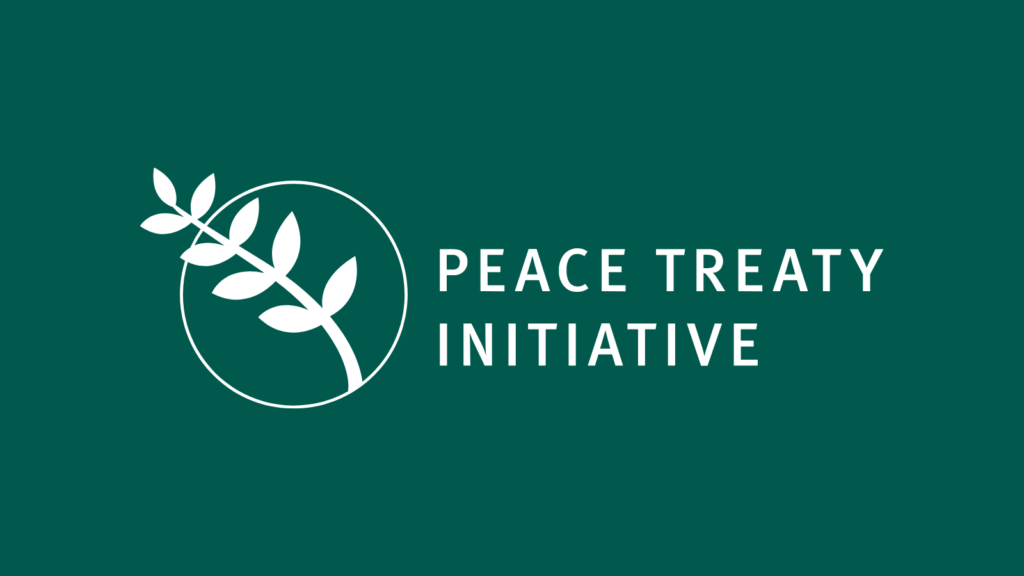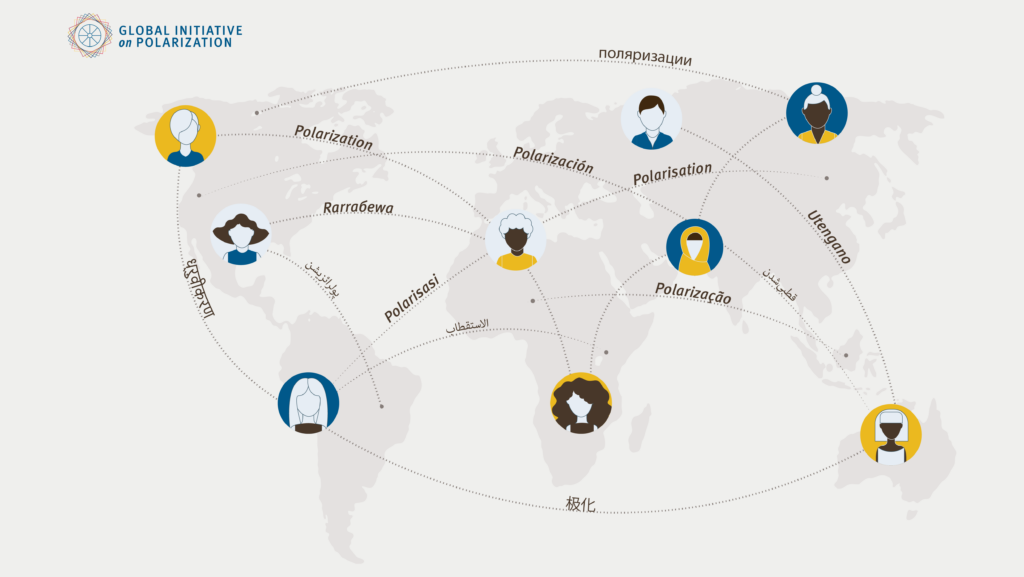The Institute for Integrated Transitions (IFIT) is pleased to announce the launch of the Initiative on Apex Court Appointments. This special new initiative seeks to build upon existing regional and international principles and guidelines on the selection and appointment of judges, which offer valuable guidance but neglect critical and unique characteristics of apex courts.
An apex court is the highest judicial body on constitutional matters in a given country. It may be a supreme court, a constitutional court, or something else – depending on the legal system. Such courts have a combination of important distinguishing features: for example, they constitute the highest national court on all constitutional matters; they adjudicate in plenary format or in multi-member panels; and they deal regularly with politically-charged cases that have foundational consequences for a country’s democracy and rule of law.
With these and other unique characteristics in mind, the Initiative on Apex Court Appointments seeks to develop and ultimately publish 1) a set of minimum global principles and guidelines on the appointment of judges to such courts, and 2) a parallel set tailored to the Southern African Development Community (SADC) region out of which this initiative grew. The work is expected to last up to 18 months and will comprise in-depth research and expert interviews and convenings, both globally and regionally.
The Initiative on Apex Court Appointments is being conducted by IFIT in partnership with the Center for Constitutional Transitions and a High-Level Advisory Panel composed of distinguished judges and jurists from a wide spectrum of legal systems. King & Spalding is providing pro bono research support.
You may also be interested in

post / 11 November 2020
Peace Treaty Initiative Launch Event

post / 30 April 2021
PAST EVENT: Building the International Law of Peace Negotiation – IFIT event at the Stockholm Forum on Peace and Development

post / 11 November 2020
Institute for Integrated Transitions Launches Global Effort to Develop International Treaty on Peace Negotiations

post /
PAST EVENT: MBBT Delegation Visits Mutfwang to Strengthen Middle Belt Peace Efforts

post /
IFIT Receives Prestigious USIP Grant to Advance Dialogue in Hybrid Regimes

post /
IFIT and Ford Foundation Announce the Global Conversation on Polarization


